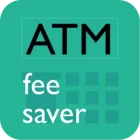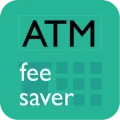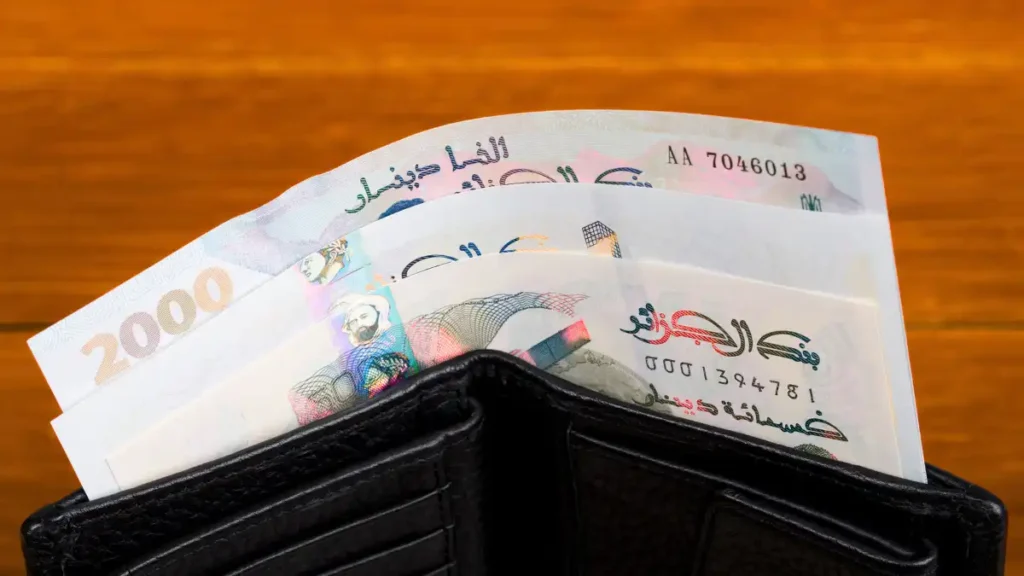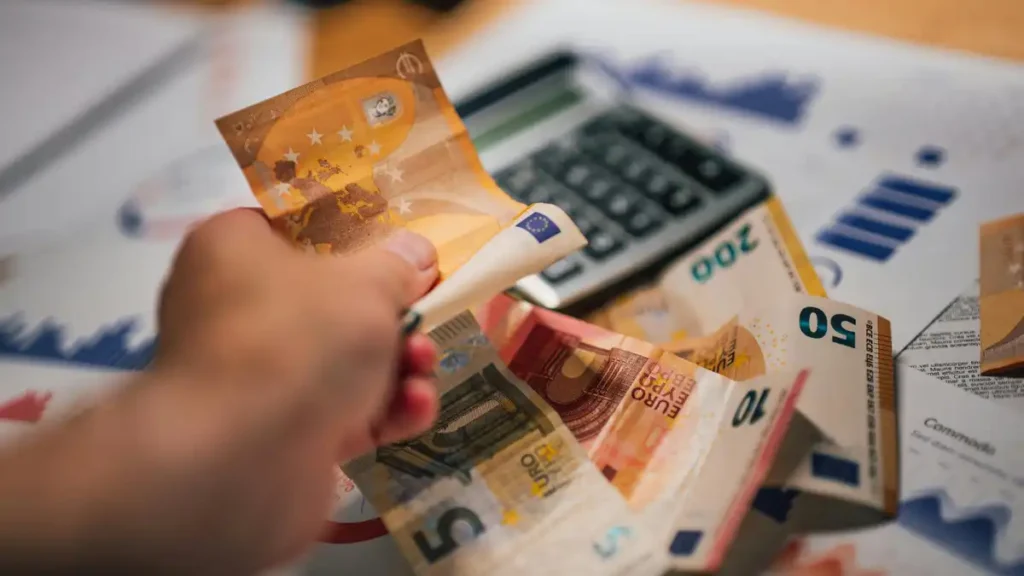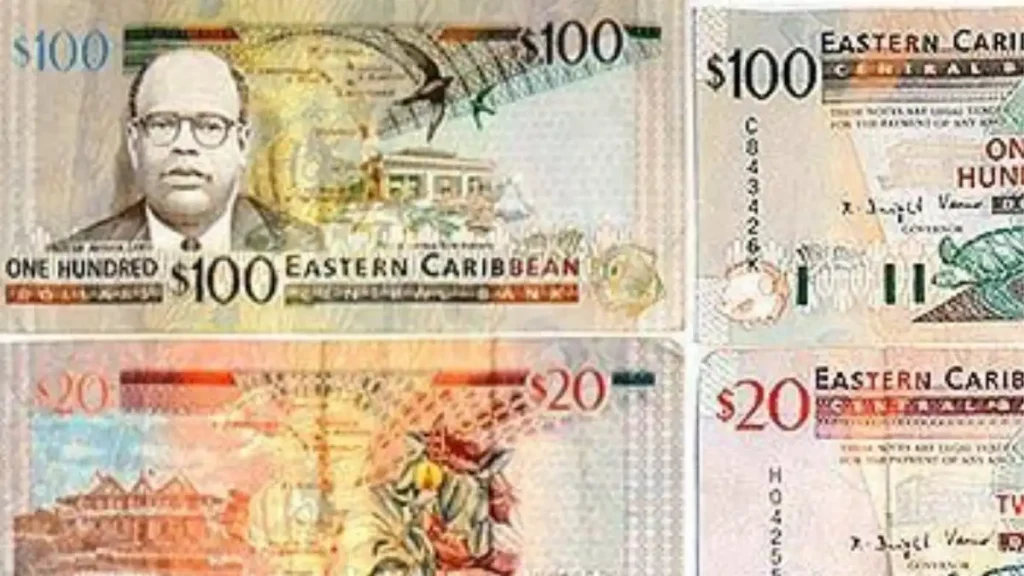Pakistan’s dramatic landscapes, ancient heritage, and rich hospitality await curious travelers-but handling money in Pakistan requires some planning. The local currency is the Pakistani Rupee (PKR), and although large cities have ATMs and card facilities, cash is essential for most transactions, especially in rural areas and bazaars. Money exchange offices are common in city centers, but rates can vary. Knowing how to get the best value and avoid scams is crucial. This guide covers how to exchange currency in Pakistan, how much cash to carry, and tips for navigating payments smoothly across this fascinating country.
How to pay in Pakistan – cash or card?
In Pakistan, you will need cash to spend at many places. Although big hotels and more upscale restaurants and shops will accept cards, it is still common to use cash for everyday transactions. Tourists need to have cash on hand, especially when shopping at markets and dining at local restaurants.
You can use cash for:
- Budget hotels
- Hostels
- Local tour operators
- Tips and gratuities (almost always expected in cash)
- Entry fees to museums, parks, religious sites
- Local buses (intercity and urban)
- Local taxis (rarely metered, cash preferred)
- Local tuk-tuks
- Street food
- Small eateries / restaurants
- Sit-down restaurants (most non-chain places)
- Small purchases
- Local expenses at grocery stores, local shops, street vendors
- Mobile SIM and phone top-up
- Laundry services
- Tailoring services
- Nightlife / bars (limited; mostly cash-based)
You can use card for:
- 4 and 5 star hotels
- Large tour operators
- Shopping at malls (many upscale shops accept Visa/Mastercard)
- App-based taxis (Careem, InDrive-card works in some cities)
- Airport transport (airport taxis usually prefer cash; some private apps take cards)
- Sit-down restaurants (chains in big cities)
- Upscale restaurants
- Online bookings for upscale hotels, flights, tours
- Vehicle renting (only with major companies in big cities)
- Emergency medical clinics / pharmacies (urban areas)
Pakistan is heavily cash-oriented, especially outside big cities. While credit/debit cards are accepted in malls and high-end hotels, travelers will need Pakistani Rupees (PKR) for most everyday purchases.
What’s the best currency to take to Pakistan?
The currency used is the Pakistani Rupee (PKR), and it is available in various note denominations such as Rs. 10, 20, 50, 100, 500, 1000, and 5000. High-end hotels and large shopping centres can occasionally accept US Dollars and Euros, particularly in major cities such as Islamabad, Karachi, and Lahore.
So, Pakistani Rupee is the best currency to take to Pakistan.
Where to get the local currency in Pakistan?
In Pakistan, you can get the local currency in 3 ways. These are:
ATMs, or
Currency exchange
Money transfer and local pick-up
It’s best to avoid purchasing the Pakistan Rupee in your home country. It’s not widely accepted globally and has limited availability, making it difficult to find at home. Even if you do find it, the exchange rate will be unfavourable.
Types of cards to swipe in Pakistan
Visa and Mastercard transactions are commonly accepted for swiping. You might also find some places that accept Amex and other cards, albeit less frequently.
Types of cards at ATMs in Pakistan
When withdrawing money in Pakistan, majority of the ATMs will accept Visa, Mastercard, Cirrus, Plus and Maestro, JCB and UnionPay cards. Cards such as Amex, Diners, Discover and Rupay are not usually accepted by many ATMs.
Should I exchange money before travelling to Pakistan?
It’s advisable to bring a small amount of Pakistani Rupees (PKR) for initial expenses like taxis or snacks upon arrival. However, most foreign banks do not stock PKR, and exchange rates outside Pakistan are typically less favorable.
ATMs in Pakistan are widely available in major cities and airports like Karachi, Lahore, and Islamabad, and most accept Visa and Mastercard. However, ATM availability may be limited in rural areas, and cards from Cirrus, Plus, or Maestro networks may not always work-so confirm with your bank and understand any applicable international withdrawal fees.
Exchanging money at local banks or licensed money changers is often better than using airport counters or hotel desks, which may offer less favorable rates. USD, GBP, and EUR are commonly accepted for exchange.
While card payments are increasingly accepted in urban areas, cash is still essential for shopping, local markets, transport, and smaller towns. Carrying both cash and cards is strongly recommended.
Where to withdraw money in Pakistan
The best ATMs for foreigners to use in Pakistan are those owned by popular banks such as:
- Dubai Islamic Bank, and
- Faysal Bank.
There are other bank ATMs that also accept international debit and credit cards such as Bank Alfalah, Meezan Bank, Habib Bank, Standard Chartered, UBL, MCB Bank and Allied Bank. However, these banks charge higher ATM fees compared to the other banks.
For a detailed guide, read Cash and ATMs in Pakistan.
Discover fee-free and low-fee ATMs on the ATM Fee Saver mobile app for iOS and Android. This app provides ATM PINs and details of leading bank ATMs such as ATM fees and withdrawal limits for foreign cardholders at ATMs in Pakistan. Moreover, its simple fee calculator helps you determine exact withdrawal charges. You can also find cash tips and tricks on the app for 160+ countries including Pakistan.
Download now from the App Store or Play Store.
Where to exchange currency in Pakistan
In Pakistan, you can exchange currency at authorised currency exchanges, banks, airports, and hotels, the most popular being authorised currency exchanges.
Pakistan’s currency exchange is managed by licensed exchange companies, which are categorized into two types: Category A (larger operators with nationwide branches) and Category B (smaller, city-based exchanges).
- Notable currency exchanges are:
Wall Street Exchange
Pakistan Currency Exchange
H&H Exchange
Universal Exchange
Paragon Exchange
You’ll find these offices in:
Karachi: Saddar, Tariq Road, Clifton
Lahore: Liberty Market, Gulberg, DHA
Islamabad: Blue Area, F-10 Markaz, G-9
Most exchange offices are open 9:00 AM – 8:00 PM and offer better rates than banks. Some have extended hours in malls.
- Banks Offering Currency Exchange:
Habib Bank (HBL)
MCB Bank
United Bank (UBL)
Bank Alfalah
Banks may offer slightly lower rates and limited currency availability.
💡 Tip: USD, GBP, EUR, AED, and SAR are easiest to exchange. Make sure your foreign notes are clean and crisp – torn or old notes are often rejected.
Pro-tips:
Stay away from airport exchanges – Poor rates
Avoid the black market – Be wary of being conned.
Include fresh notes – If your notes are damaged or dirty, you can expect to pay more or less.
Is carrying money in Pakistan safe?
Typically, the answer is no. It’s important to keep in mind that different cities and towns have varying levels of safety. However, as a general rule, it’s wise to only carry the necessary amount of cash for the day or a few hours. If you frequently find yourself in need of cash while travelling to Pakistan, here are some helpful tips to ensure the safety of your money:
Some safety tips for carrying cash while travelling in Pakistan are:
- Carry only the cash you need.
- Do not keep all the cash in one pocket or wallet.
- Put some cash in a safety belt or fanny pack.
- Do not flash your cash.
- When paying, do not remove or display your entire cash.
- Keep wallets preferably in front pockets.
- Cross-wear your purses if possible.
- Hold your purses, wallets and bags close and tight on crowded streets and in public trains and buses.
- When withdrawing cash, keep the cash low while you count it so people around don’t see it.
- If you’re dining alone, don’t leave your wallet / bag unattented while you go to the restroom.
- If sitting outdoors in a restaurant, don’t leave your wallets / bags on the table.
Is it better to use debit or credit cards or pay by cash in Pakistan
Use a card if it is fee-free i.e. your bank does not charge any fees to swipe the card, when the merchant / POS also does not impose any extra charge to use a card, you need to use the insurance of the card, don’t want to block cash of large purchases and card’s swipe fees are lower than withdrawal fees.
Pay by cash by withdrawing cash from ATM or exchanging currency where – fees on ATM withdrawals are lesser than fees on swiping cards, you don’t want to leave any digital footprint of your expenses, it is convenient and easier to conduct transactions.
